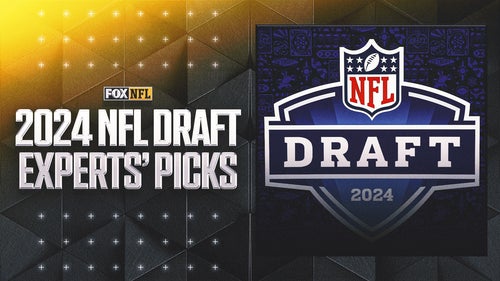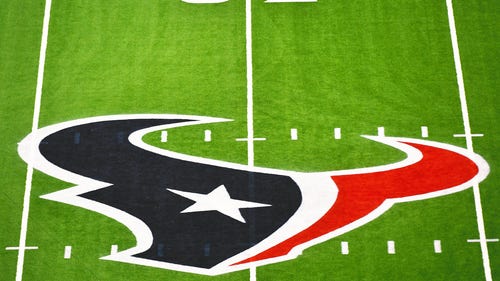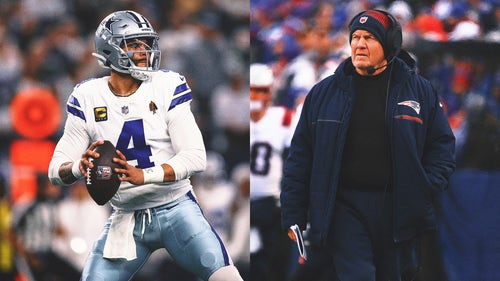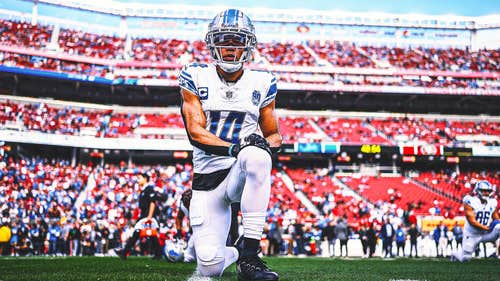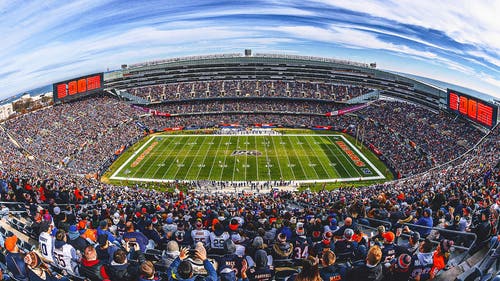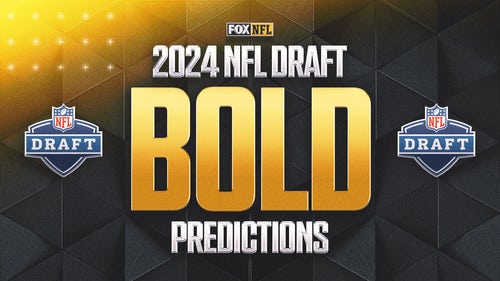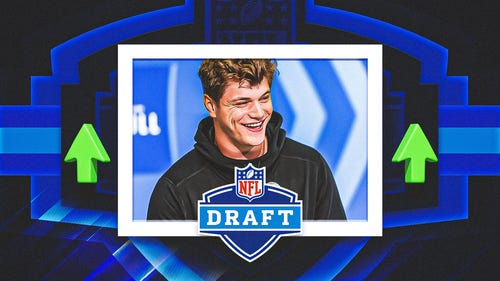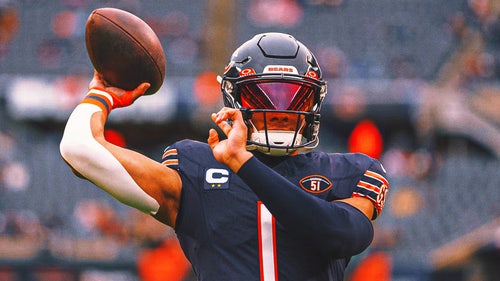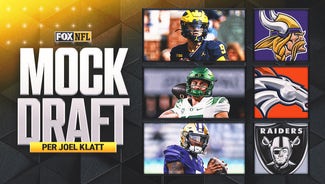
Using the media to negotiate in the NFL

By Brady Poppinga
One difficulty NFL players must deal with is their limited leverage in contract negotiations, not only on a macro level, but an individual level. On the macro side, there is no alternative league available that pays reasonably close enough to where a player could sit out and hope for a better collective bargaining agreement. Baseball and basketball players can always go overseas or play in other leagues where they will be paid decently. These options aren't as good as the domestic one - but the do have options.
Guaranteed NFL contracts will always be difficult to achieve because the leverage just isn’t there. The threat to not play is empty because most players can’t afford to go without a paycheck for long - the careers are too short, and tomorrow is always so uncertain in this particular game. This was specifically the case in the 2011 negotiations for the new collective bargaining agreement. The owners knew most players would choose not to sit out part or all the year and endure any financial loss. The owners used that leverage to negotiate an owner-friendly CBA.
When you examine new contract negotiations, leverage is a tricky thing, especially for the player. Franchise tags and a league-wide norm of non-guaranteed salaries give the team greater leverage in negotiating and limits the kind of influence players can have in the process.
So what foothold do players possess? As we see with Dez Bryant of the Dallas Cowboys, who is seeking a big-time extension but has been slapped with the franchise tag, and Eric Weddle of the San Diego Chargers, who is in the last year of his deal and isn’t even in talks with the team, the players often resort to fighting the battle through the media.
How does the media help players gain leverage? First, players count on fans becoming restless knowing one of their key contributors is at odds over a contract. They hope fans agree that the player is being disrespected or is competing with an abnormal amount of risk. They hope fans understand that a career-ending injury would limit their earning potential to perhaps one year instead of a number of years. Players count on fans taking their side, because the reality is the organization does have its ear to the ground and will appease the fans in some way if a big enough deal is made about it. Teams do listen carefully to what their fans have say, because they know fans drive the business. So there is something to be said for trying to get the fans on your side during negotiations.
However, the player also runs the risk of looking greedy and out of touch with reality. If you are paid millions of dollars in one year and you have a career-ending injury, that’s still more than most Americans make in a lifetime. You don't max out your earning potential, but "family security" can sometimes ring hollow to public ears when they know you should already have a significant sum in the bank. There is a risk in these kinds of tactics, but it’s worth a try when you don't have many options in the first place.
The second reason why negotiating through the media can be effective is that your teammates and coaches don’t live in an Afghanistan cave. The players are on social media. The players follow negotiations with their teammates, witnessing how the team treats the player in times of negotiations and envisioning how they themselves might be treated.
Additionally, when players like Dez and Eric aren’t participating in the offseason conditioning activities, questions arise as to why they’re absent. So another tactic in negotiating through the media is for the player to make himself the biggest reasonable distraction to the team as possible. What I mean by reasonable is that you don’t want to become such a distraction to where you’re seen as belligerent or selfish. The player is hoping that teammates and coaches will support his cause in contract negotiations.
I remember seeing this happen with Brian Urlacher one offseason with the Chicago Bears. Urlacher was holding out for more money and negotiating through the media. Chicago Bears head coach Lovie Smith was asked during an interview what he thought about the contract situation between Urlacher and the Bears, and his responses were very pro-player. Not long after that interview Urlacher received a new deal and returned to the field.
Overall, negotiating through the media is one of the few advantages a player has in contract negotiations. While the player tries to get the fans to empathize with his cause, it’s really just one of those roll-the-dice situations. Trying to get your coaches and teammates on your side is more likely because their interests are tied to that player’s.
Although it may seem that the more prudent way to negotiate is without the public involved, if you’re in a position like most NFL players you use any form of leverage you can get. If used tactically the media can be a helpful aid in getting the deal you want. In the situations of Dez Bryant and Eric Weddle, whether or not the efforts will have the desired positive effect, we'll soon find out...
More from Football By Football:






































































































































